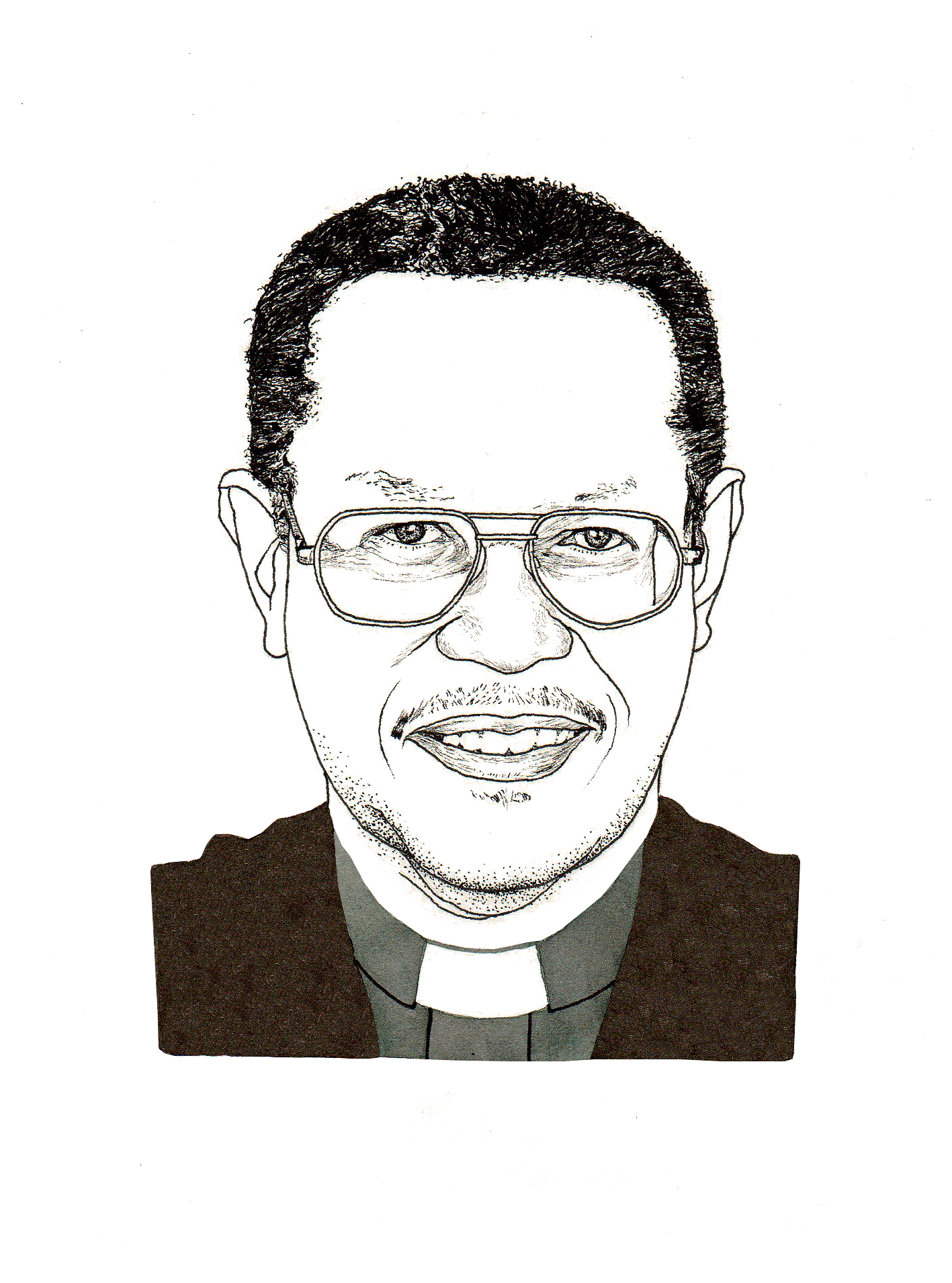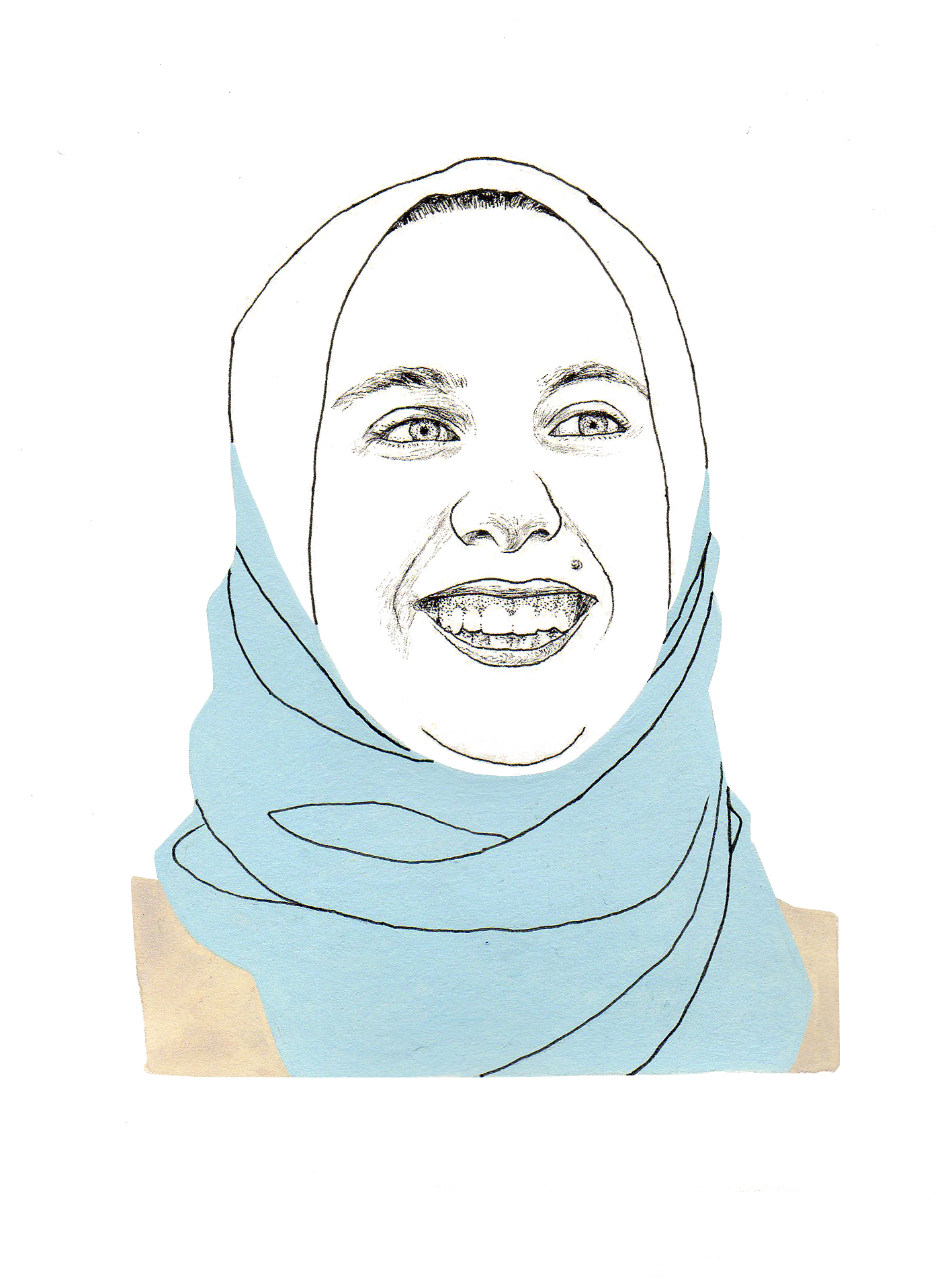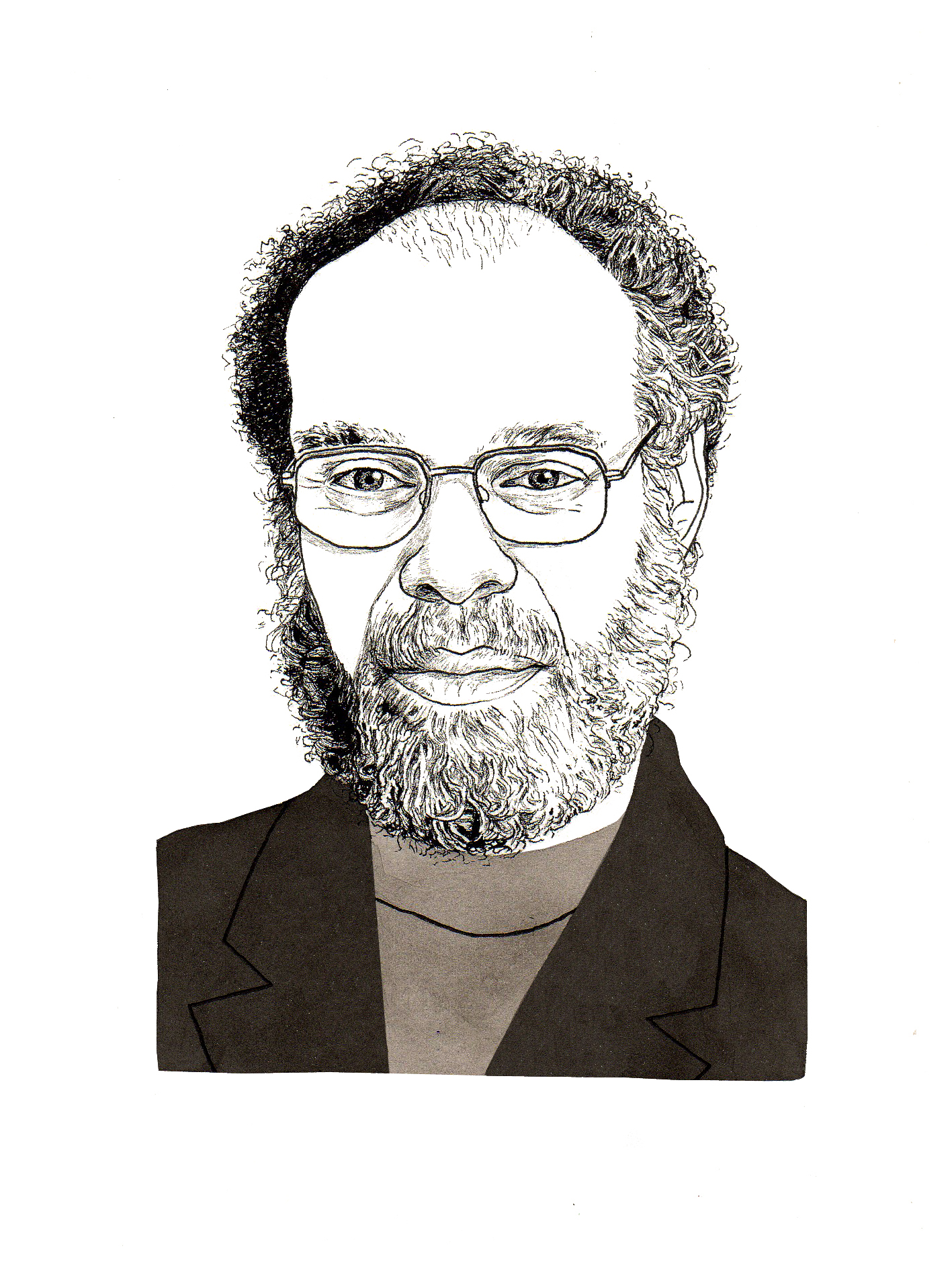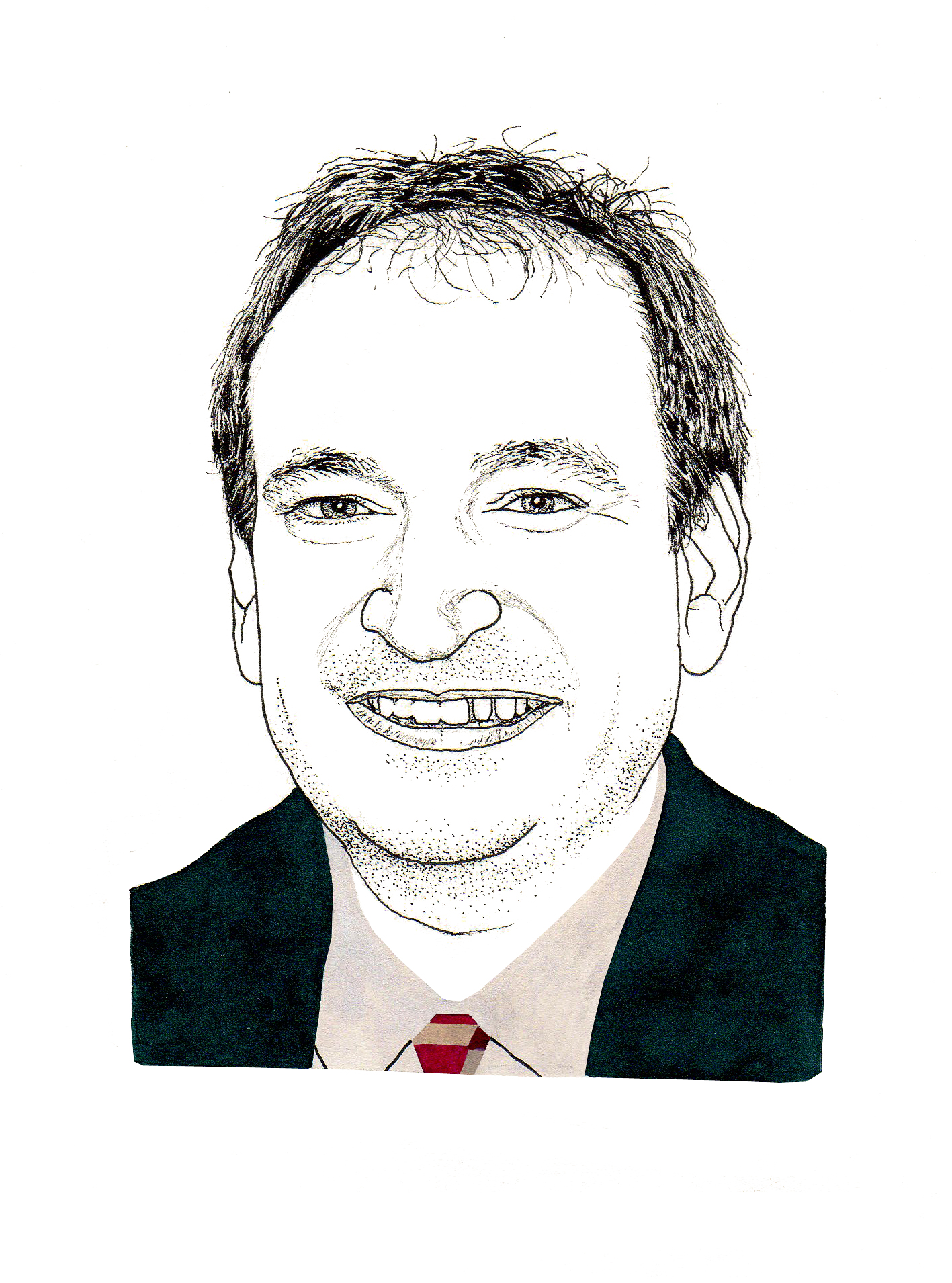Making a Case for Faith
Religious leadership is about helping people live by their beliefs. Often that means taking on the role of a teacher
Religious leadership is about helping people live by their beliefs. Often that means taking on the role of a teacher
In 1992, during the weeks after the riots triggered by the acquittal of four Los Angeles police officers in the Rodney King beating trial, William Epps (M.E. ’70), pastor of the city’s famed Second Baptist Church, had his hands full. “We were fortunate to have sustained no damage,” he says. “So our work was really in supporting the communities that were devastated.”
For Epps, whose church was the scene of historic civil rights-era speeches by Martin Luther King, “support” meant more than simply comforting people or offering them food or shelter. He became, primarily, an educator who bridged different worlds.
“On the one hand, I spoke to angry people in our own community about the futility of violence and the importance of resolving conflict peacefully,” he says. “But I also did a lot of explaining to others why something like this happens – how the criminal justice system failed, how people were outraged by what was clearly a rigged verdict.” When the U.S. Department of Justice subsequently found the L.A. Police Department criminally liable in the case, Epps worked with others to improve the department’s transparency, increase its accountability in using force, and encourage nonlethal tactics to subdue people.
Epps and other TC alumni who head religious institutions describe leadership as, first and foremost, the work of helping people draw on their faith in order to find hope and live meaningful lives. It’s a labor that begins with one’s own faith: “You must know in whom you believe, or else you will be just moving across the surface of life,” says the Reverend Lesley George Anderson (Ed.D. ’88), who received TC’s Distinguished Alumnus Award in 2010. But it also entails a teacher’s ability to guide others through a process of questioning and self-discovery, and it requires interaction with the broader world.
“I am rooted in Christ, others in religions such as Buddhism and Islam,” says Anderson, a former president of the United Theological Seminary of the West Indies, an ecumenical school that brings together students from different branches of Christianity. “I respect other religions because they are predicated on the acknowledgment that there is a Being that is greater than ourselves, but also because we can learn from one another.”
The secular world, too, is territory that must be explored, if only because, in the United States at least, it is the common landscape in which all faiths are situated. In navigating it, leaders can find themselves struggling with how far to encourage people to go.
“We wanted a school where our students would graduate with the confidence to say, ‘I can be Islamic and hold true to my belief but also be a part of society and an active global citizen,’ ” says Amanny Khattab, founding principal of the Noble Leadership Academy, a private pre-K–12 Islamic school in Passaic, New Jersey. “So we made the conscious decision not to be affiliated with a mosque or other religious organization. Instead we stand on our own. We have a board, but it makes business and finance decisions only. Our teachers make decisions about curriculum.”
That leaves Noble Academy students free to read books like The Scarlet Letter or plays such as Romeo and Juliet, which, as Khattab acknowledges, Islamic leaders might say are inappropriate. The school also challenges standard Islamic protocol in certain situations outside the classroom.
“We talked to parents who wanted to keep their daughters home from long-distance trips that they were willing to let their sons go on,” Khattab says. “For example, visiting Harvard. Islam is very protective toward women, and normally, for a trip of that distance, the father or brother would accompany a woman. But we said, look, we are traveling as a group, we will make sure they are safe.”
The fact that Khattab is a female head of school is itself a departure from the status quo of the faith. Still, religion is “a huge part of what we do,” Khattab says. “We teach Koran, Islamic morals and manners, and how those are to be applied and embedded in everything you do.”
When fourth graders at the school read Harriet the Spy, for example, class discussion includes talking about how spying is not an Islamic value. Teachers also talk to older students about how to handle challenging social situations. “What if you’re out with people and they start to drink?” Khattab says. “Do you get up and leave? We don’t want our students to isolate themselves. We want them to celebrate their difference.”
Rabbi Charlie Savenor says that celebrating difference was at the heart of a course he took in 2007 at TC’s Klingenstein Center for Independent School Leadership. As a final project for the class, Savenor, who was then a dean at the Jewish Theological Seminary, and a Catholic classmate created a proposal for a multi-faith high school. The school never moved beyond the conceptual stage, but for Savenor, the experience of “a conversation with people from different religions and ethnic groups” was a revelation – an opportunity to develop new insights into and respect for other faiths and ways of thinking, and in some instances to reaffirm his own beliefs.
Today, Savenor is Director of Congregational Enrichment for the UnitedSynagogue of Conservative Judaism, an umbrella organization for 620 North American Conservative congregations. In this role, he develops lay members of synagogue boards to become volunteer leaders who take responsibility for shaping the efforts of their kehilla (literally, “sacred community”) to become centers of meaning through good works for their members and the larger community.
“My job is to find new ways to make Judaism’s core values come alive and inspire people to give of their time and be more generous and caring,” Savenor says. “For example, there’s a Jewish value called hachnassat orchim, which literally means ‘welcoming guests,’ that goes back to Abraham in the Bible — Genesis 18, in which he invites strangers into his home. So when we infuse that value into our congregations, it’s about more than being friendly. It has a whole different resonance.”
As in his TC course several years ago, Savenor’s work often obliges him to be open to ideas from outside his faith. At other times – such as during the recent conflict in Gaza, when he urged his organization to join a pro-Israel march – it can lead him to affirm his faith and its core values.
“I’m frequently introduced as a leadership expert, but I don’t think anyone is,” he says. “That connotes a finished product, when in fact we all need to see ourselves as lifelong learners. What I learned at TC is that there’s always more to learn, and that thought is as humbling as it is inspiring.”
Published Thursday, Feb. 14, 2013



